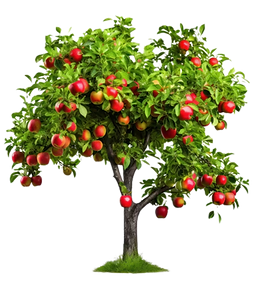
Washington Apples
Born from the specific demands of Philipharm Orchards, Service Transport emerged as a dedicated refrigerated logistics and trucking solution. Recognizing the critical need for dependable and comprehensive cold chain transportation to ensure their apples reached major retailers across the nation in optimal condition, Philipharm Orchards, a wholly-owned private corporation, established Service Transport. This strategic move allowed for meticulous oversight from orchard to table, guaranteeing the quality and timely delivery that large-scale distribution requires.
Click the apple & learn more!



Washington Grown
Crispness, Flavor, Variety
Washington state’s orchards yield some of the crispest, most flavorful apples in the world, including celebrated varieties like Cosmic Crisp, Honeycrisp, and Fuji. Each bite bursts with a perfect balance of sweetness and tartness, a testament to the region’s rich soil, cool climate, and generations of dedicated growers. These apples aren’t just a treat-they’re a symbol of Washington’s proud agricultural heritage and innovation

The People Behind the Produce
A Community Investment
The people behind the produce are more than growers-they are community investors, channeling their resources, knowledge, and passion into building stronger, more inclusive neighborhoods. Their efforts go beyond the fields, supporting local economies, fostering opportunities for underserved groups, and ensuring that the benefits of their work ripple throughout the community, creating lasting positive impact




Our Community
Nestled at the confluence of the Wenatchee and Columbia Rivers, the Wenatchee community is deeply rooted in a landscape shaped by generations-from the Wananchi people who first called this valley home to the families who built the “Apple Capital of the World.” This is our home and our heritage, where history, hard work, and a shared love for the valley continue to connect neighbors and grow a vibrant future
Our Resources
The Columbia River is the lifeblood of our orchards, delivering vital water through an intricate network of reservoirs and canals that transform dry land into bountiful fields of apples and other crops. This resource supports not just agriculture, but entire communities and economies across the region. Yet, as we benefit from this abundance, we also recognize our significant carbon footprint-much of it stemming from fertilizer use and equipment emissions in apple production-prompting ongoing efforts to innovate and reduce our environmental impact for future generations



